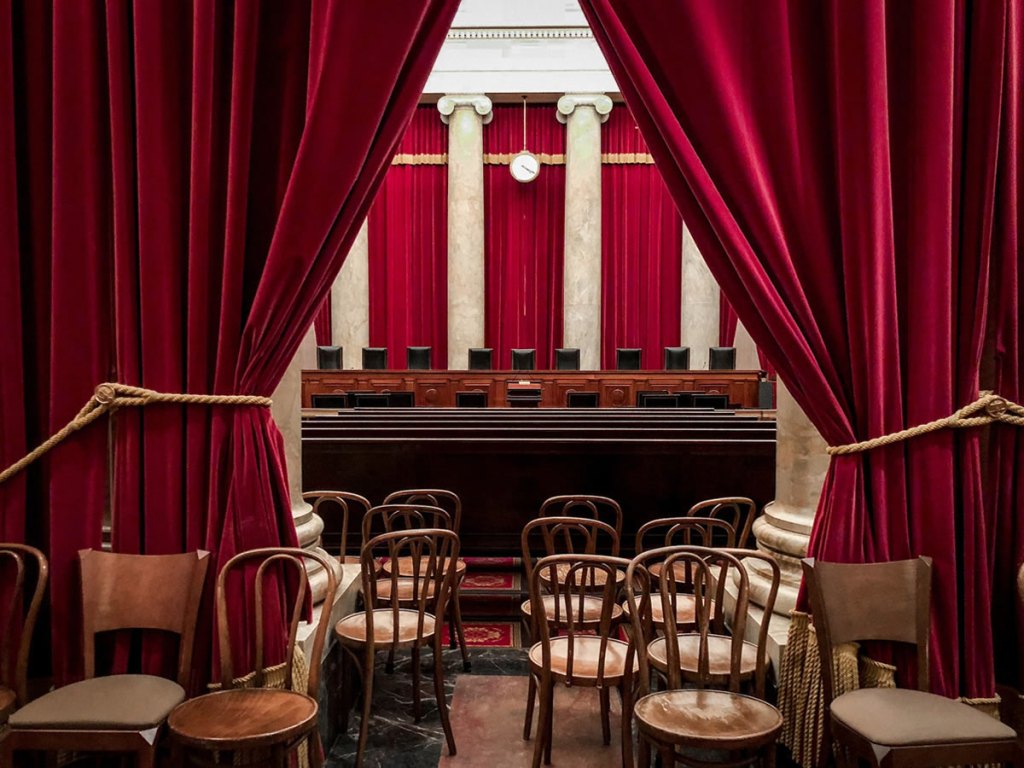Certain enforcement actions being sought by the Consumer Financial Protection Bureau (CFPB) are being stayed in courts pending the outcome of an upcoming United States Supreme Court case that will decide the Bureau’s constitutionality.
In a predatory lending lawsuit the CFPB and New York Attorney General filed against Credit Acceptance Corp, U.S. District Judge Jennifer Rearden cited the pending decision in Consumer Financial Protection Bureau v. Community Financial Services Association of America, Limited (CFSA) that will decide whether or not the CFPB’s funding structure is constitutional, according to reporting by Reuters.
“The regulators argued that the CFPB’s funding status had no bearing on whether their lawsuit could proceed,” the reporting said. “But the judge said that while the public had an interest in seeing consumer protection laws enforced, ‘any potential harm to the public caused by delaying this action is outweighed by the benefit to consumers in proceeding in a streamlined fashion.’”
The judge also argued that a stay in the decision is prudent since the Supreme Court case “could contain guidance that would allow this litigation to proceed on a reasonable and efficient basis,” according to court documents reviewed by HousingWire.
This is the second such case that has put an enforcement action on hold due to the pending constitutionality decision, according to reporting from Reuters and a blog post by ACA International, a trade association for the debt collection industry.
In February, the high court agreed to hear the case involving CFSA roughly four months after a Fifth Circuit Court of Appeals panel ruled that the funding structure of the CFPB was unconstitutional. The Biden administration had hoped to fast-track the proceeding, but the court is not expected to render its decision until sometime next year.
The plaintiffs in the original case, Community Financial Services Association of America and Consumer Service Alliance of Texas, challenged the CFPB’s structure, its powers granted by Congress and the director’s protections from removal, claiming all were unconstitutional. A lower court agreed, causing the CFPB to appeal the ruling to the Supreme Court, arguing in its certiorari petition that the previous decision relied on an erroneous understanding of the Appropriations Clause.
The Supreme Court heard another challenge to the CFPB’s constitutionality in mid-2020, when Seila Law LLC v. Consumer Financial Protection Bureau asked the Court to determine whether the CFPB’s substantial executive authority violates the Constitutional principle of the separation of powers between the branches of the federal government.
In that case, the Supreme Court ruled that the appointed director of the CFPB is not insulated from being fired by the President of the United States, but stopped short of invalidating the agency’s structure. Certain housing-related organizations including the the Mortgage Bankers Association (MBA) and the National Association of Home Builders (NAHB) previously urged the court to consider the implications of its decision.





